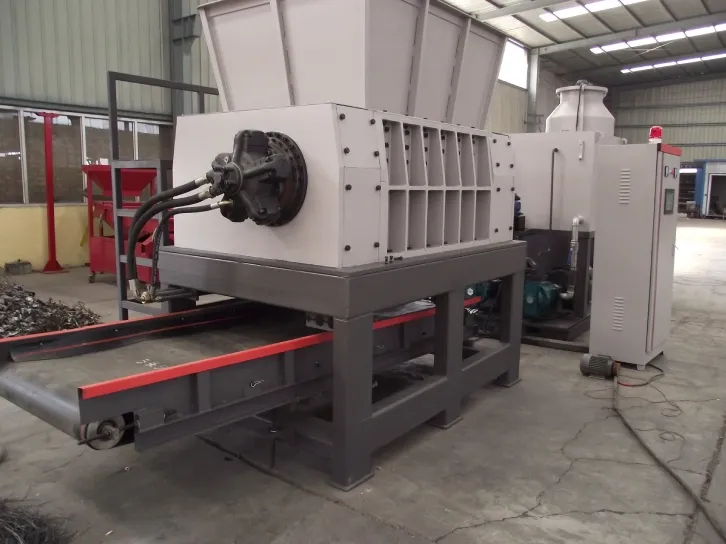

sep . 16, 2024 15:29 Back to list
The Importance of Scrap Metal Recycling Plants
In an age where environmental consciousness is at the forefront of global issues, the role of scrap metal recycling plants has become increasingly vital. These facilities are not just hubs for processing waste; they are pivotal in promoting sustainability, conserving natural resources, and contributing to the economy. This article explores the significance of scrap metal recycling plants and their impact on our world.
First and foremost, scrap metal recycling plants play a crucial role in reducing waste. Every year, millions of tons of metal waste are generated from various sources, including construction, dismantling of old vehicles, and manufacturing processes. Instead of allowing these materials to accumulate in landfills, recycling plants process them, transforming what would be waste into valuable resources. By recovering metals from discarded items, these facilities help mitigate the environmental burden associated with mining and manufacturing new metals, which can be incredibly energy-intensive and harmful to the planet.
Additionally, recycling metals significantly conserves natural resources. The extraction of raw materials from the earth is a resource-depleting process that can lead to habitat destruction, water pollution, and significant carbon emissions. In contrast, recycling metal uses up to 74% less energy than producing it from virgin ore. This energy savings translates into lower greenhouse gas emissions, making metal recycling an essential practice in the fight against climate change. Thus, scrap metal recycling plants are not only mitigating the waste problem but also playing a role in the broader environmental movement.

Moreover, scrap metal recycling is an economic powerhouse. The recycling industry creates numerous jobs, from collection and processing to sales and logistics. According to the Institute of Scrap Recycling Industries, the scrap recycling sector supports over 1.1 million jobs and contributes $100 billion to the economy annually. These jobs often provide significant economic opportunities for communities, especially in regions where other employment options may be limited. By investing in scrap metal recycling plants, countries can harness a sustainable economic model that benefits both the environment and local communities.
Recycling plants also promote the circular economy, a model that emphasizes reusing and recycling materials to keep resources in circulation for as long as possible. This contrasts sharply with the traditional linear economy, which follows a take-make-dispose approach. By prioritizing recycling, scrap metal plants contribute to a more sustainable economic framework where materials are continuously repurposed, reducing the need for new material extraction and fostering a more sustainable consumer culture.
In conclusion, scrap metal recycling plants serve a multifaceted purpose that extends beyond mere waste management. They play a critical role in reducing waste, conserving natural resources, creating jobs, and contributing to a circular economy. As we continue to face pressing environmental challenges, the importance of these facilities cannot be overstated. By supporting and investing in scrap metal recycling, we are not only promoting sustainable practices but also paving the way for a more resilient future. Embracing recycling is a small, yet powerful step each of us can take to protect our planet and ensure the responsible use of its resources.
Latest news
Troubleshooting Common Eddy Separator Problems
NewsJul.04,2025
The Role of Metal Recycling Plants in Circular Economy
NewsJul.04,2025
The Impact of Recycling Line Pickers on Waste Management Costs
NewsJul.04,2025
Safety Features Every Metal Shredder Should Have
NewsJul.04,2025
How Industrial Shredders Improve Waste Management Systems
NewsJul.04,2025
How Cable Granulators Contribute to Sustainable Recycling
NewsJul.04,2025